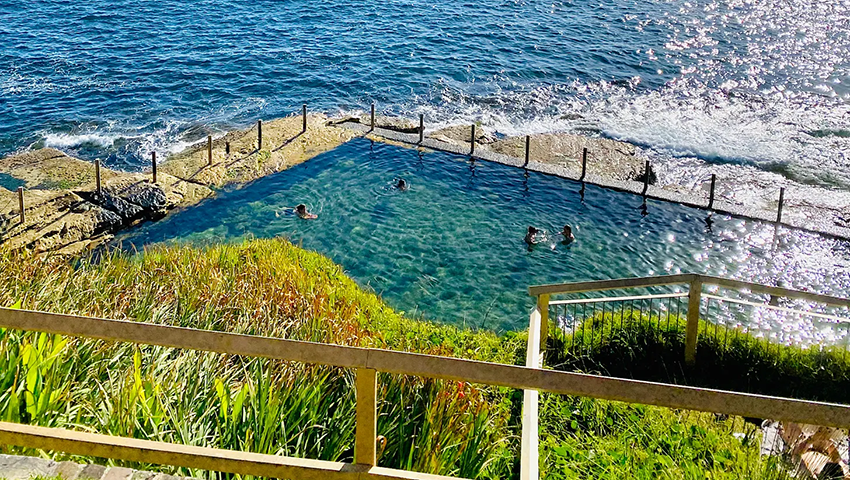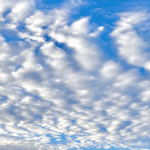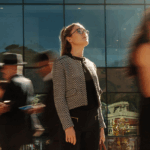Going at the speed of nature.
I was swimming in an ocean pool- a pool I call my sacred place during the summer months- gazing, lost in wonder, at the sea. Lying, floating in the water and taking in the suns rays I said to my niece who was swimming with me that what I love about the ocean is it has a mind of its own. You never know what frame of mind it will be in when you arrive. Sometimes it’s calm, peaceful and other times the ocean is angry, tempestuous and seems to be warning you to stay away -daring you to come in. And, there is nothing you can do about this. Sometimes I arrive at the ocean pool and it has been shut because it’s dangerous to swim there at that time. Other times you enter at your own risk. Sometimes the conditions are “perfect”, meaning perfect for swimming- glorious, a friend of mine likes to say. I have no control over those waves and the mood of the sea. The ocean does what it does with no reference to me- it is fiercely independent.
There is a certain kind of peace that comes as I think about this. Nature has a rhythm of its own. This rhythm contrasts sharply to my own often frenetic, distracted and split-focus pace in life.
I want to go at the speed of nature this year.
I’m still thinking about what this means.
Maybe I want to live connected to nature’s intelligence in some way by recognising all the seasons. In the city of Sydney where I live, I often feel as though the systems and institutions of the place have an agenda to keep us continually entertained. One event and program after another is on offer so that there is virtually no space to stop, reflect and slow down. The pace is unrelenting. In times past, the Christian calendar that many countries in the West followed had a season called Lent embedded into the rhythms of life. Lent was a time when the whole community intentionally had to slow down, reflect on our humanity and mortality. It was seen as a much needed part of life, just as much as being active, engaging in joyous events and being entertained. It cultivated humility and an awareness of our frailty.
I’m not implying that we need to return to the Christian calendar. But I do wonder if we need a bit of help from society to embed a rhythm of rest and reflection in our neighbourhoods and cities. At the moment it is up to the individual to tear themselves away from the noise and entertainment if they want to retreat. But how much easier and more interesting would it be if we did this communally? If we have communal rhythms for entertainment why not also a rhythm and space for rest and reflection? Surely these days we need this more than ever.
James Rebanks’ book The Place of Tides he describes the attitude of “Duck woman” Anna living on a tiny Island in the Vega archipelago of Norway. She is a strong and grounded woman who preserves the tradition of gathering eider duck feathers from the nests that she prepares for them seasonally. It’s a tough and rewarding way of life that is disappearing fast. Rebanks lived with Anna for a season and he learns about waiting, slowing down to nature’s pace and patience. One day they had prepared the nests for the ducks. They were tired. The sun was dazzling.
Rebanks writes:
We sat on the headland and rested. I asked if the ducks would come quickly now, and she shrugged. Things happened when they happened in Anna’s world, and only fools asked too many questions.
Things happened when they happened. This reminds me of the ocean- it does what it does and I have no control over it. I simply go with the mood of the moment. It’s silly to try and control this. I’ve given up opening the apps on my phone to gauge whether the conditions are perfect for swimming before I leave the house- asking too many questions about the tides, the rain, the sun, the heat, clarity of water. Now I simply go to the ocean and decide whether the sea welcomes me or warns me. Then I make my decision about entering into the waters or not. And my time there is always perfect.
Rebanks continues his reflection:
Anna’s life here was, I was coming to see, devoted to paying attention to – or more than that, being completely committed to- the beauty of the world before her. She seemed to have done it by cultivating an extraordinary form of independence from other people, their values and their noise. She used every ounce of her wilfulness to shut out the world and concentrate on these simple things.
Going at the speed of nature means that I pay attention. I can easily get swept up in the frenetic rhythms of my culture which have a conscious or unconscious agenda to keep me entertained, informed and seeking more but it can mean that I lose sensitivity- I become dull- to noticing the small and quiet beauty that is around and in me.

I want to go at the speed of nature this year. What do you do to slow down as we live immersed in the normative rhythms of disquiet in our franticly paced world?
Rev. Dr Karina Kreminski, Mission Catalyst – Formation and Fresh Expressions, Uniting Mission and Education. Karina also blogs and this article is reprinted with permission from This Wild and Precious Life.













